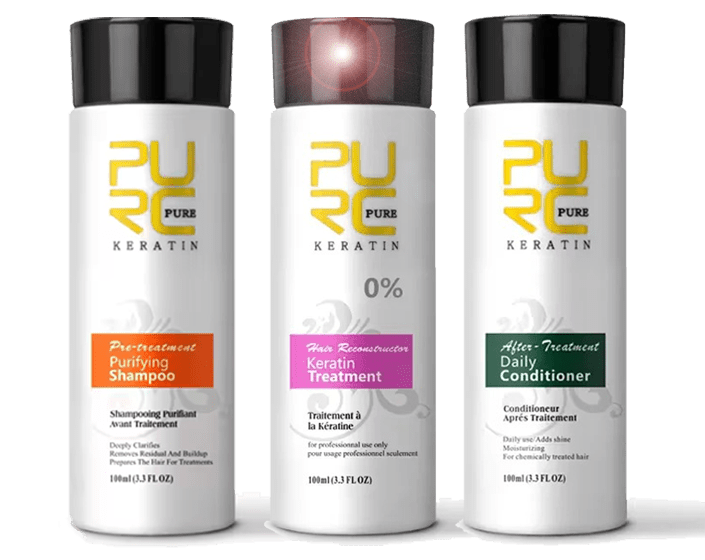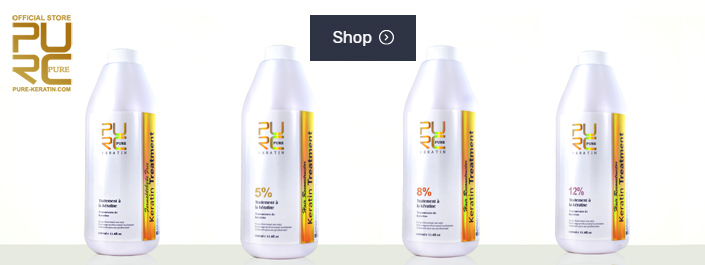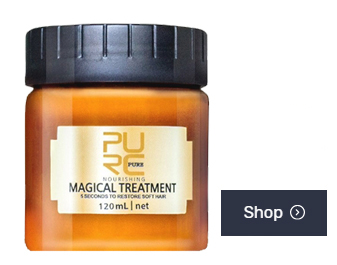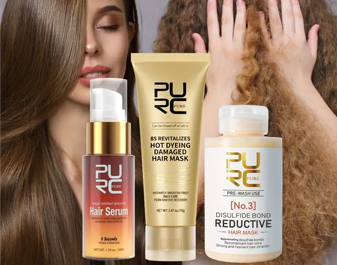31 NATURAL SKIN CARE TIPS AT HOME
PURE KERATIN on 6th May 2022
Skin care is an important aspect of our beauty and is an essential element of our daily grooming. Most of us pay great attention to external applications, but fail to take note of the importance of our diet. To maintain and enhance the health of your skin you need to focus on lifestyle changes, skin care applications, and diet. Natural products are a healthier option as compared to most commercial cosmetics, and are a lot safer.
Here are some natural methods that will help you address all your skin care concerns.
LIFESTYLE TIPS
- Follow a regular routine, with fixed timings providing for adequate sleep. There is good reason for the reference to 'beauty sleep'. It's the most important aspect of your skin care and a lack of sleep will take its toll.
- Your water consumption is important as it nourishes and hydrates your skin from within.
- Make it a point to wear a hat to shade your face and use clothing that offers maximum sun protection. This will help avert or at least minimize damage from sun exposure.
- Massage therapy is great for your skin, particularly with essential oils like lavender. This not only nourishes the skin, but also tones it and makes it a lot more supple.
- Exercising is a lot more important for the skin than most of us give credit. It improves circulation, providing for a better supply of nutrients to your skin.
- Make it a point to steam your face on a daily basis for at least one or two minutes. This will open and cleanse the pores of any residue from cosmetic products or debris deposited during the day.

- After steaming your face it would be a good time to rinse your face with warm water and use a cleanser. After rinsing with warm water do not apply the cleanser directly onto your face, instead lather it in your palms and then apply it to the face.
- Never dry your skin by rubbing it down with a towel as this can damage the skin and remove natural oils. Instead dab your skin gently.
- Use gentle detergents when washing linen and towels and wash thoroughly as the residue can irritate your skin.
- Smoking is injurious to not just your health, but your skin as well.
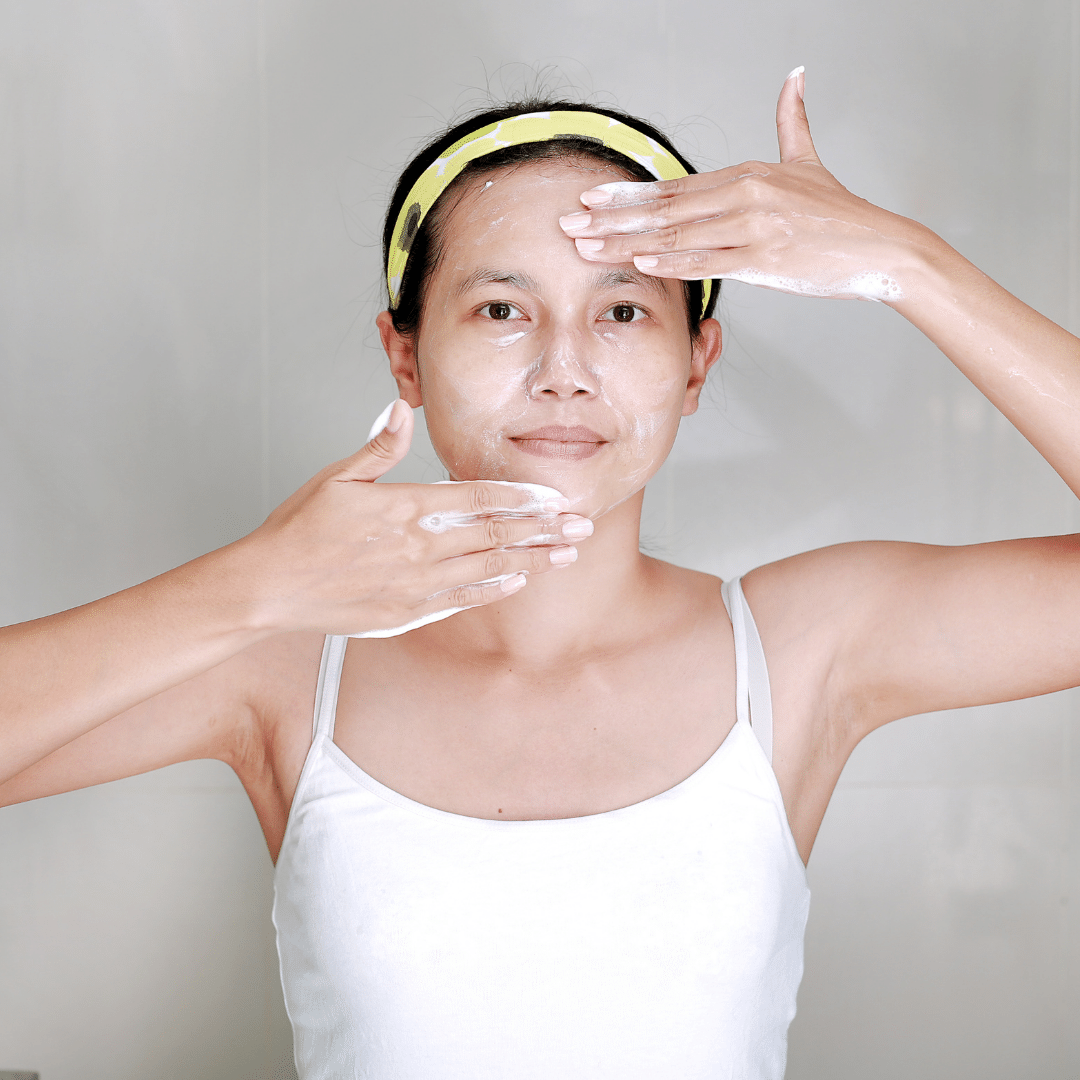
EXTERNAL APPLICATIONS TIPS
- The most basic and obvious rule is that you need to keep your skin clean. Commercial cleansers are often harsh, so use a natural cleanser. Vegetable oils like almond and olive oil work just as well.
- A toner is an important skin care application that you need to use immediately after cleansing. You can dampen a cotton swab, with some non-alcoholic toner, to wipe off the cleanser. This will help enhance the natural glow of your skin.
- Your moisturizer is probably one of the most important and essential of all skin care products. Apply your moisturizer a few minutes after having used the toner. Moisturizers help to moisten your skin and protect the complexion.
- Moisturizing products available in the Market often contain ingredients that are harsh on your skin and not good for a long term basis. Always opt for natural products or prepare your own moisturizers. A mixture of honey, lemon juice and vegetable oil make for a particularly good moisturizer, especially for those with dry skin. Honey also works as an anti irritant, making almost any mixture with it safe for all skin types. In case you have oily skin, then opt for moisturizers that are oil free.
- If you spend time in a sauna, using herbs like comfrey or calendula will help soften the skin. You can also use it in a facial sauna.
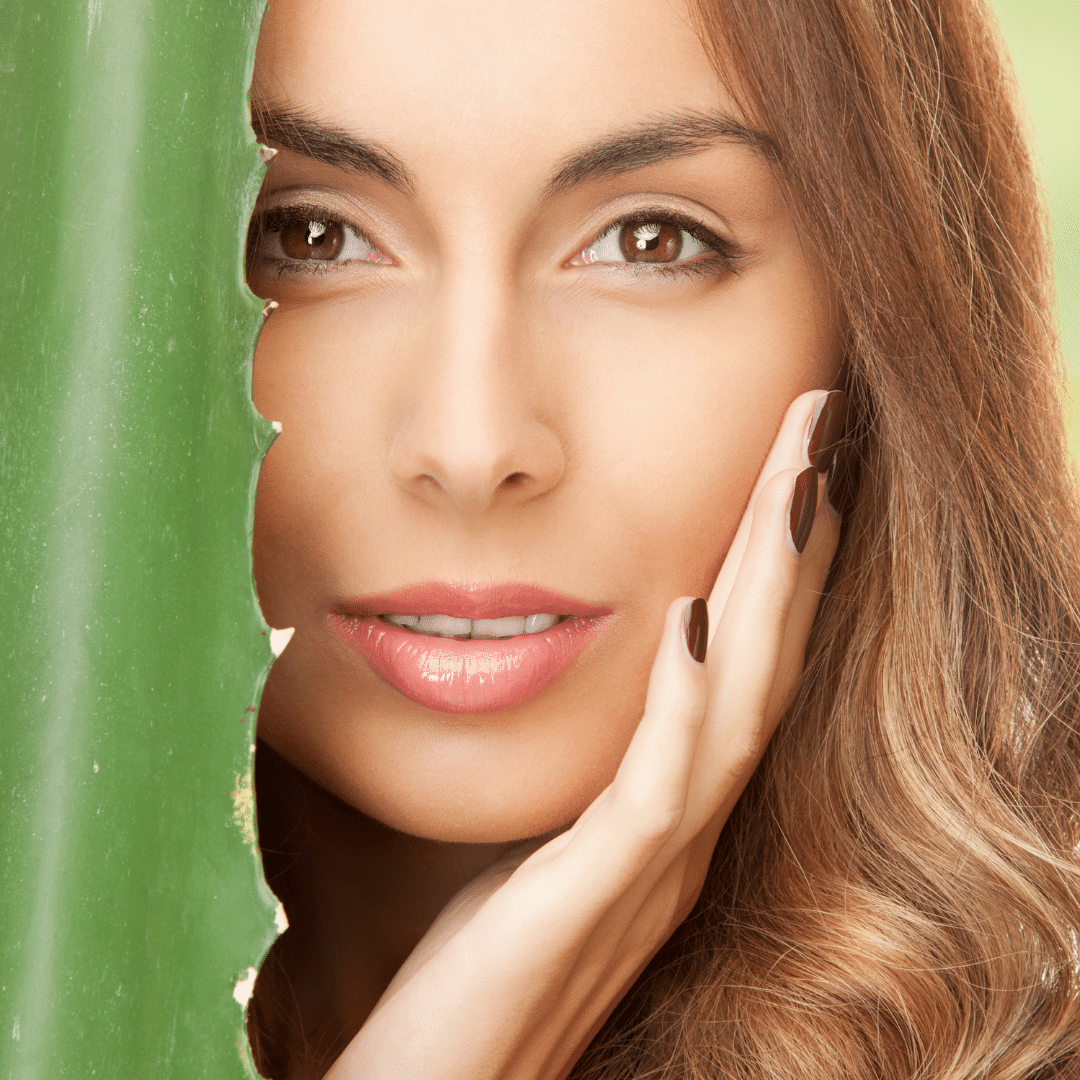
- Aloe vera is probably the most popular herb when it comes to skin care because of its healing and soothing properties. It is particularly good for dry skin.
- If you suffer from dry itchy skin, prepare a cold compress with a few drops of essential oil added in.
- It is not without reason that milk and honey are often spoken of in the context of beauty and skin. Milk baths are extremely beneficial for your skin and are particularly good for individuals suffering from dry skin. Use warm water and add powdered milk and almond oil to your bath water.
- Natural face packs are also great for your skin as they rejuvenate it giving it a natural glow. You can make such a face pack with wheat flour and milk or ground mustard seeds with milk or water.
- Make it a point to always apply a sunscreen before you venture out in the sun. Damage to the skin due to UV radiation can cause conditions, varying in severity like mild sunburn or skin cancer, and should be a concern even during winter.

DIET TIPS
- Begin your day with a healthy breakfast, adding some flaxseed to your breakfast cereal. This is an excellent source of omega 3 fatty acids, essential for healthy skin.
- Eat smaller and healthier meals through the day instead of three large meals. This will help to improve digestion. The build up of toxicity from poor digestion contributes to numerous skin conditions.
- Fruits and vegetables should form the bulk of your diet as their antioxidant content minimizes and restricts skin damage.
- Include fish in your diet to add luster to your skin and get a soft and supple complexion. Most seafood and fish in particular contain healthy oils that help nourish your skin. They are also rich in vitamin D.
- Include fruits like carrots and sweet potatoes, and vegetables like broccoli and spinach in your diet. They are rich in vitamin A, which is another essential nutrient for healthy skin.
- Try and have a handful of nuts like almonds and hazelnuts as snacks. Their high vitamin E content promotes healthy skin.
- Calcium and vitamin D are important for the health of your skin and are present in most milk products. Most dairy products are fattening however, so consume in moderation.
- Switch to healthier methods of cooking, like baking or roasting rather than frying. Use healthier oils like canola, flaxseed and olive oil.
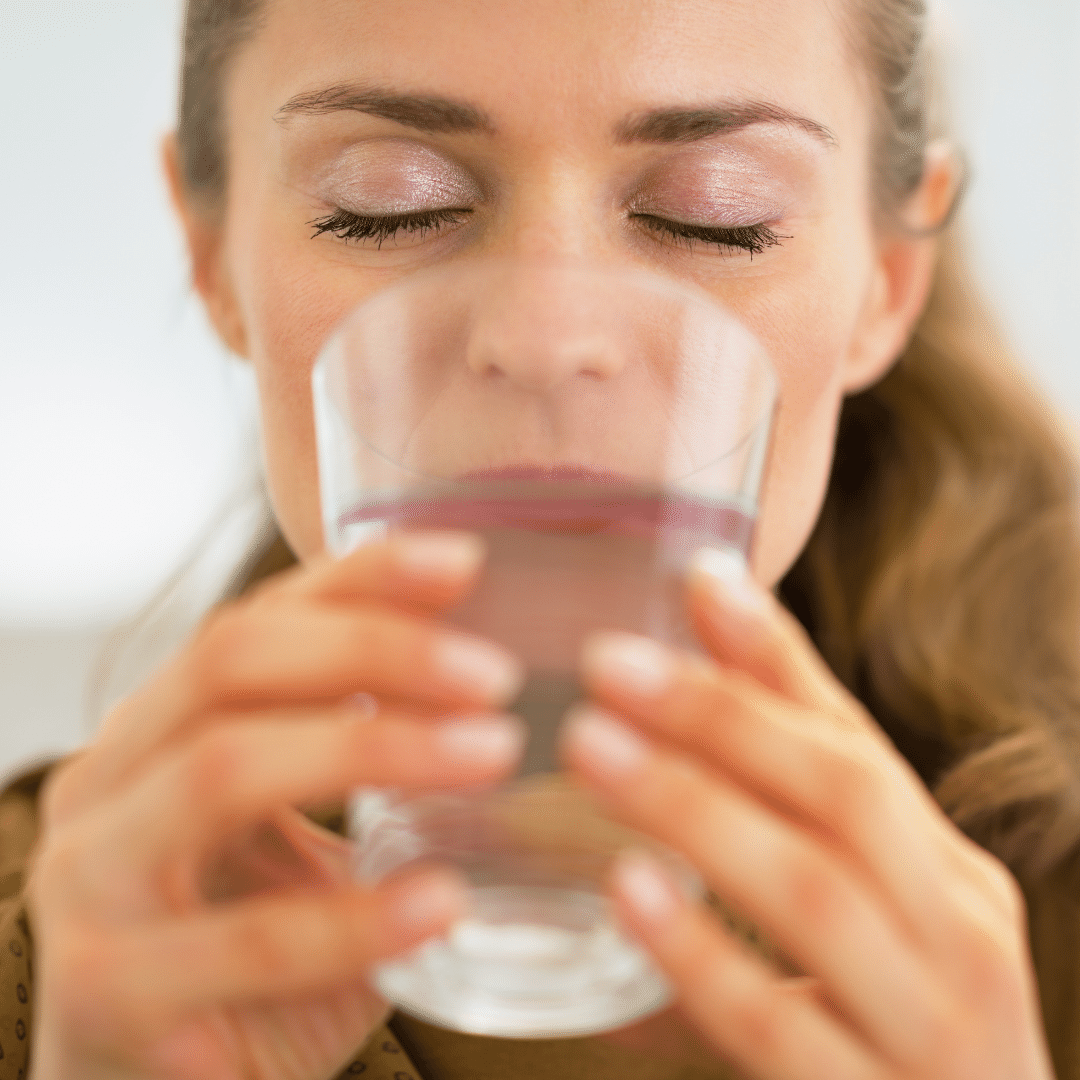
- Drink adequate water and hydrate yourself with some fruit juices as well. Fruits with a high water content like water melons and grapes can also be added to your diet.
- Avoid the consumption of processed and refined foods, as the process of refining foods destroys their nutritional value. When such foods are consumed they only add empty calories to your dietary intake.
- Restrict your consumption of both alcohol and caffeinated drinks. They cause dehydration, contributing to dry, sallow skin. Alcohol can also worsen a number of skin conditions.















